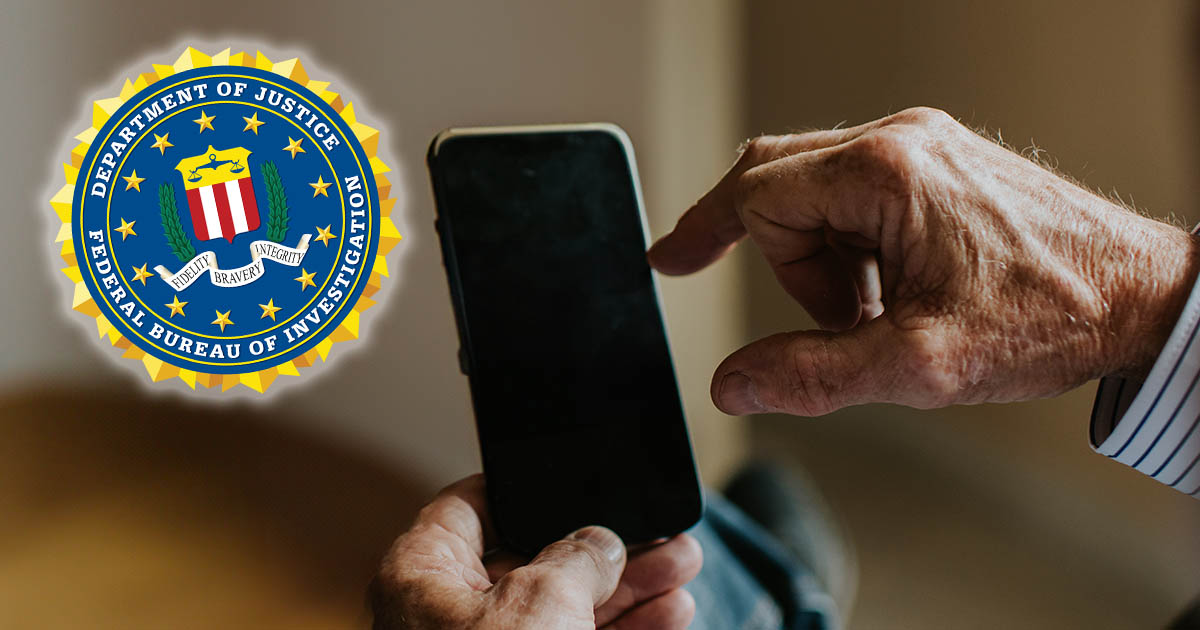If you’ve ever received a suspicious call from someone claiming to be with the FBI and threatening legal action unless you send money, you’re not alone. Law enforcement agencies across the country are sounding the alarm on a growing wave of phone scams that prey on fear, urgency, and confusion.

In early June, the FBI’s Cleveland field office issued a nationwide alert warning citizens about an alarming trend: scammers spoofing official FBI phone numbers and impersonating federal agents. These fraudsters use intimidation tactics to pressure victims into sending money, often under the false pretense of avoiding arrest or resolving fabricated legal issues.
“Many people are being tricked into believing they’re moments away from being arrested—unless they pay up,” the FBI Cleveland office stated in a public advisory released on June 2nd. “If you suspect you’ve been targeted by this scam, hang up immediately and report it through the FBI’s IC3 portal.”
The Nashville division echoed the warning, reminding the public: “The FBI will never contact you over the phone demanding payment to avoid criminal charges. If someone claims to be an agent and asks for money, it’s a scam. End the call and file a complaint at ic3.gov.”
This isn’t just an FBI-specific issue. Similar fraudulent calls have been reported involving other federal and local agencies over the years. In fact, the Bureau of Alcohol, Tobacco, Firearms and Explosives (ATF) recently joined the chorus of agencies issuing warnings.
On June 2, the ATF released a public notice urging citizens to remain vigilant and report any suspicious activity. They advised anyone who receives such a call to contact them directly via their tip line at 1-888-ATF-TIPS or report the incident to the FBI’s Internet Crime Complaint Center at ic3.gov . Victims of these scams should also reach out to their local police department as soon as possible.
According to the ATF, one common tactic involves fake agents instructing victims to buy Apple gift cards worth $500 or $1,000 to “clear a red flag” on their records. Once purchased, victims are then asked to provide the card numbers to the caller.
The agency made it clear: “We will never call or email private citizens demanding payment or threatening arrest. You won’t be asked to wire a ‘settlement’ to avoid jail time, use your own money to help catch a criminal, send funds via international wire transfers, cryptocurrency, or gift cards. Nor will we contact you regarding ‘frozen’ Social Security numbers or inheritance coordination.”
The FBI has noted that while scammers may vary their approach, their methods are largely psychological. They rely heavily on intimidation—using aggressive language, insisting on speaking only to the victim, and forbidding them from telling anyone else, including family members or financial institutions.
In late June, the U.S. Marshals Service also chimed in with its own warning. According to reports cited by Forbes , there’s been a spike in calls impersonating U.S. Marshals. The agency emphasized that they will never contact individuals by phone to collect money or settle court matters. They urged recipients of such calls to hang up immediately and report the incident to their local FBI office.





